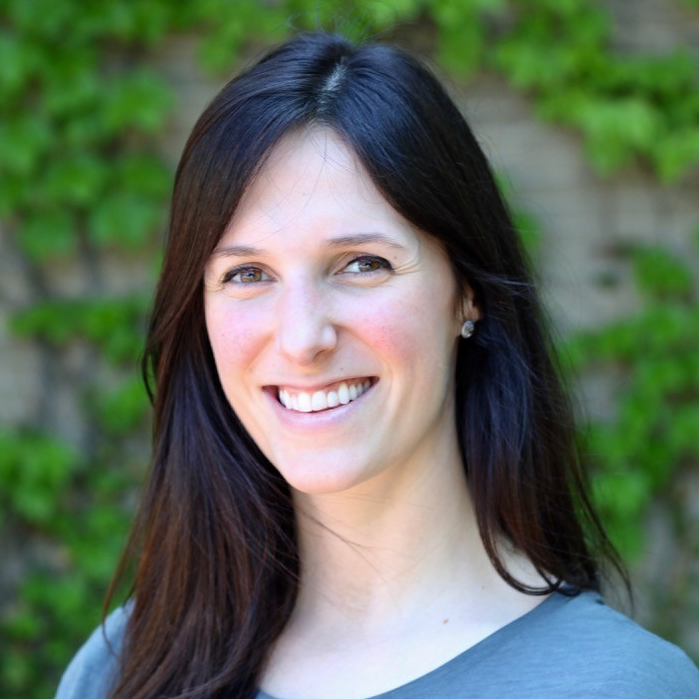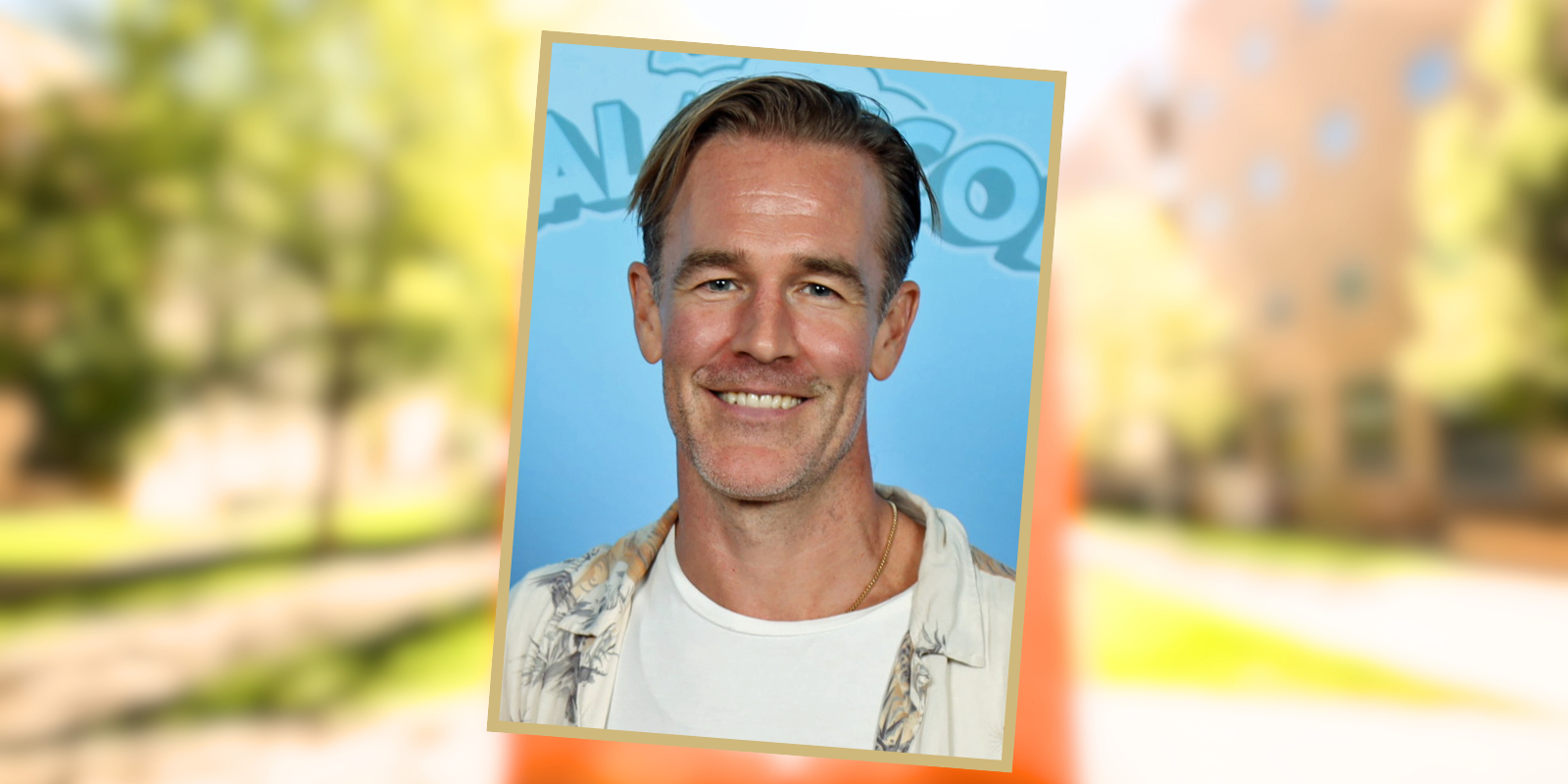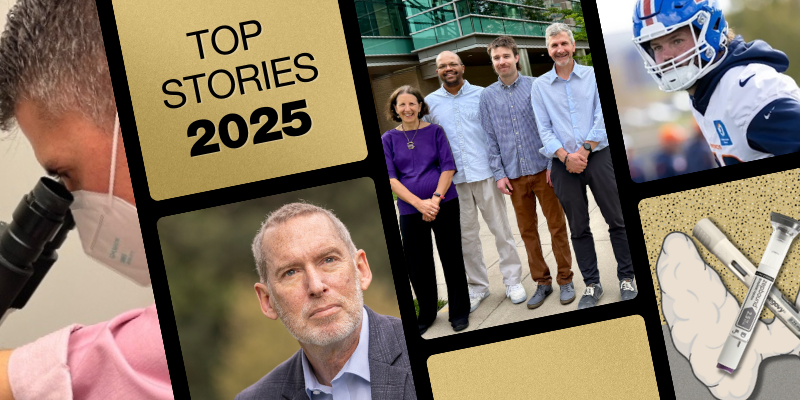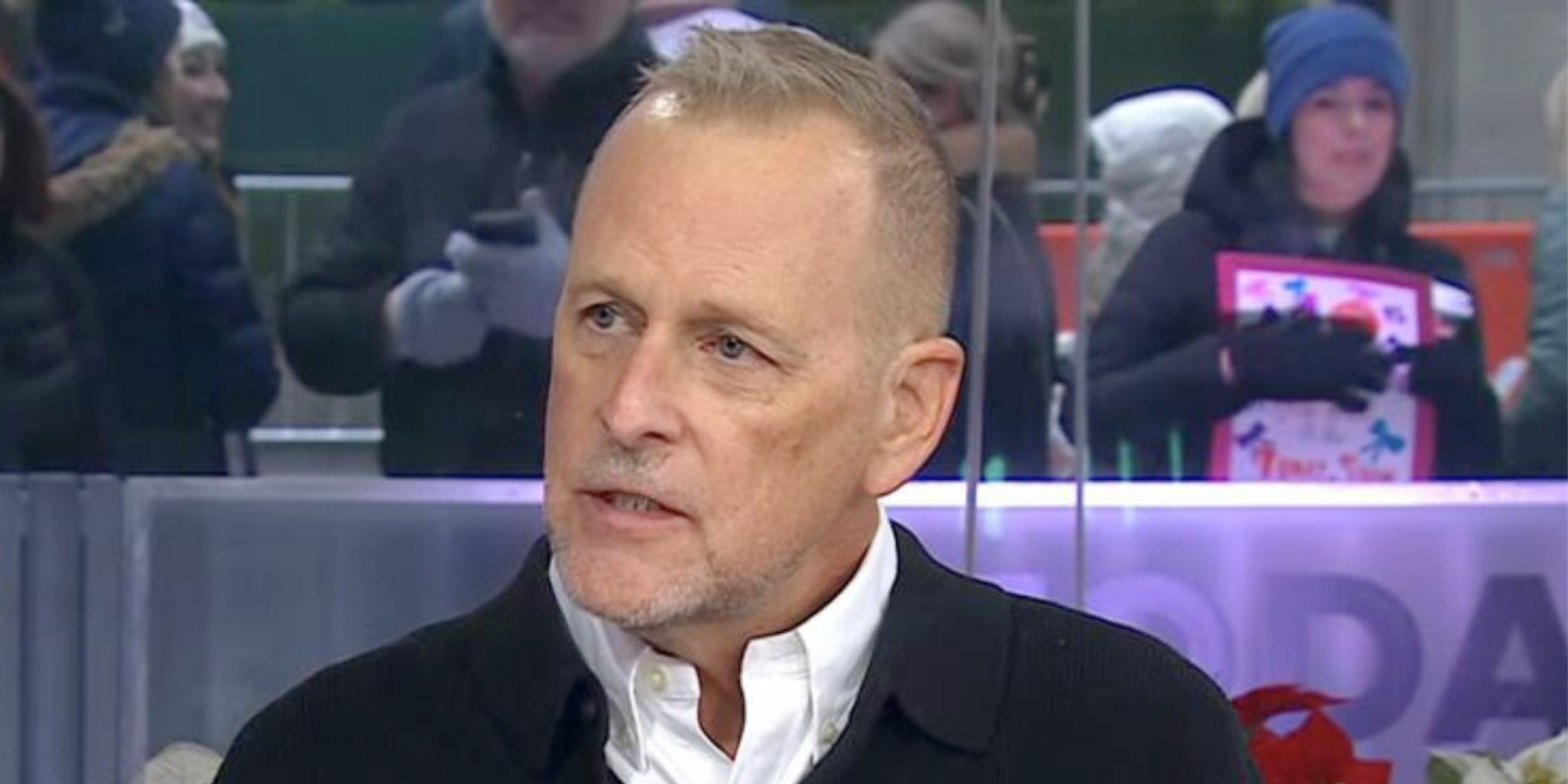Every person who receives a cancer diagnosis experiences the symptoms of the disease and treatments differently. However, a common thread is that the disease can influence every aspect of life, even after a person reaches no evidence of disease (NED) status.
An important aspect of the multidisciplinary care offered at the University of Colorado Cancer Center is a continuum of care that spans screening and continues through diagnosis and treatment all the way to follow-up after NED. This includes rehabilitation care at each stage of the cancer journey.
Franchesca König, MD, an assistant professor of physical medicine and rehabilitation in the CU School of Medicine, recently joined the CU Cancer Center as the first cancer rehabilitation physician. As these important services are incorporated into the holistic, multidisciplinary care that patients receive, an aim is to grow the scope of rehabilitation treatment as well as the team providing it.
“There’s an important role for rehabilitation during the continuum of care for patients with cancer,” König explains. “Well-rounded cancer care includes working with physicians who are focused on function and quality of life, anything from physical to emotional, social, or vocational care. Our goal is to support patients in getting back to the life they want to live after this life-changing diagnosis.”
Treatment from the moment of diagnosis
The field of cancer rehabilitation has grown for decades and originated from clinical observations that “patients were experiencing significant functional aftereffects from their treatments,” König says. “They hear, ‘Yay, you’re cured, now go live your life,’ but what if life doesn’t look like it did before? What if their physical function is different, their employment situation is different, their outlook on life is different?”
While the field of physical medicine and rehabilitation is more well-known, the sub-specialty focused specifically on cancer continues to grow. For König, training in this area included a residency in physical medicine and rehabilitation, then a fellowship in cancer rehabilitation, of which there are just a handful around the country.
“One of the guiding principles of cancer rehabilitation is to begin working with patients from the moment they’re diagnosed and the moment treatment starts,” König says. “A goal is to get patients optimized to do well in treatments and into survivorship.”
Advancing patient-centered care
Cancer rehabilitation treatment typically beings with a thorough physical exam that includes musculoskeletal, neurological, mental, and emotional assessment, König says. “By beginning with a good exam, we can begin to talk about limitations or challenges a patient might experience through chemotherapy, surgery, or other treatments. Then we’ll come up with a treatment plan that may include physical therapy, occupational therapy, and speech therapy. I may refer a patient to pain management, I may refer them to psychiatry services, it’s really individualized to the person.”
As a field of practice, cancer rehabilitation is working toward the concept of “pre-hab,” König says, “so that we’re members of the multidisciplinary care team and can begin working with patients at the moment of diagnosis. It can be so overwhelming for patients, but I’ve had patients say, ‘Gosh, I wish I’d talked to you from the beginning, I didn’t realize I was going to be dealing with these side effects.”
Because she is the first of a planned cancer rehabilitation care team, König says she is not only beginning to work with patients, but to connect with faculty and staff throughout the CU Cancer Center to begin integrating these services into the broader scope of cancer care offered.
“I’m just excited to be part of this growing field at the CU Cancer Center,” König says. “I’m looking forward to working with colleagues on multidisciplinary teams that are really advancing patient-centered care.”




